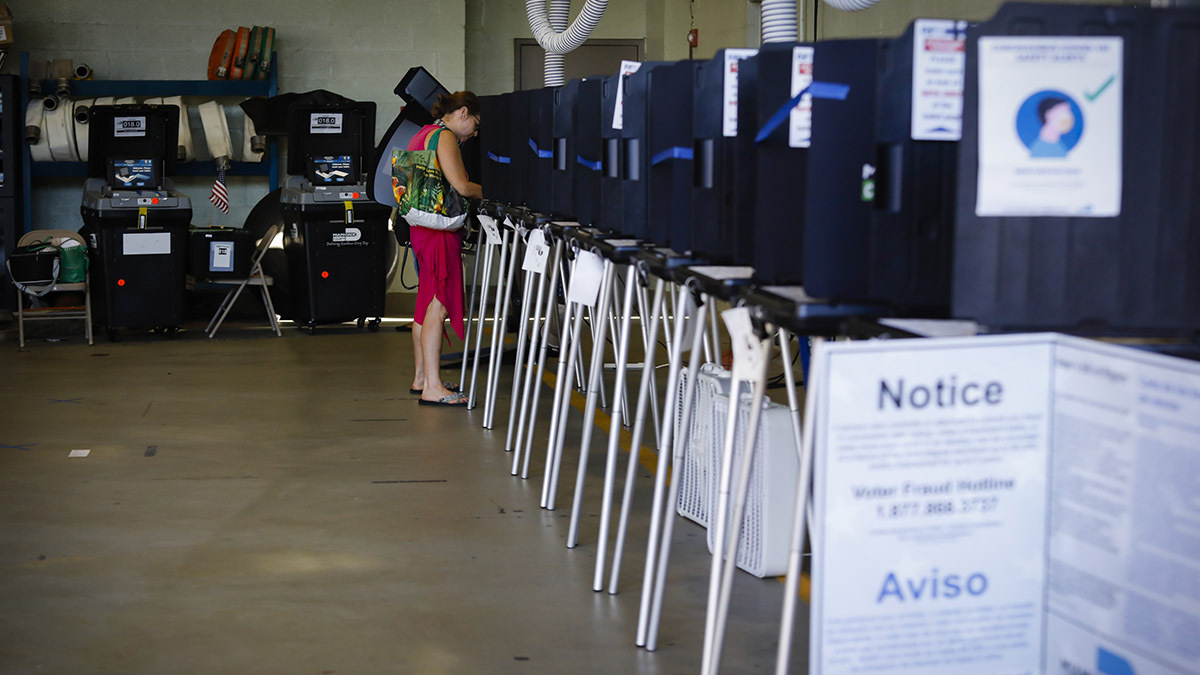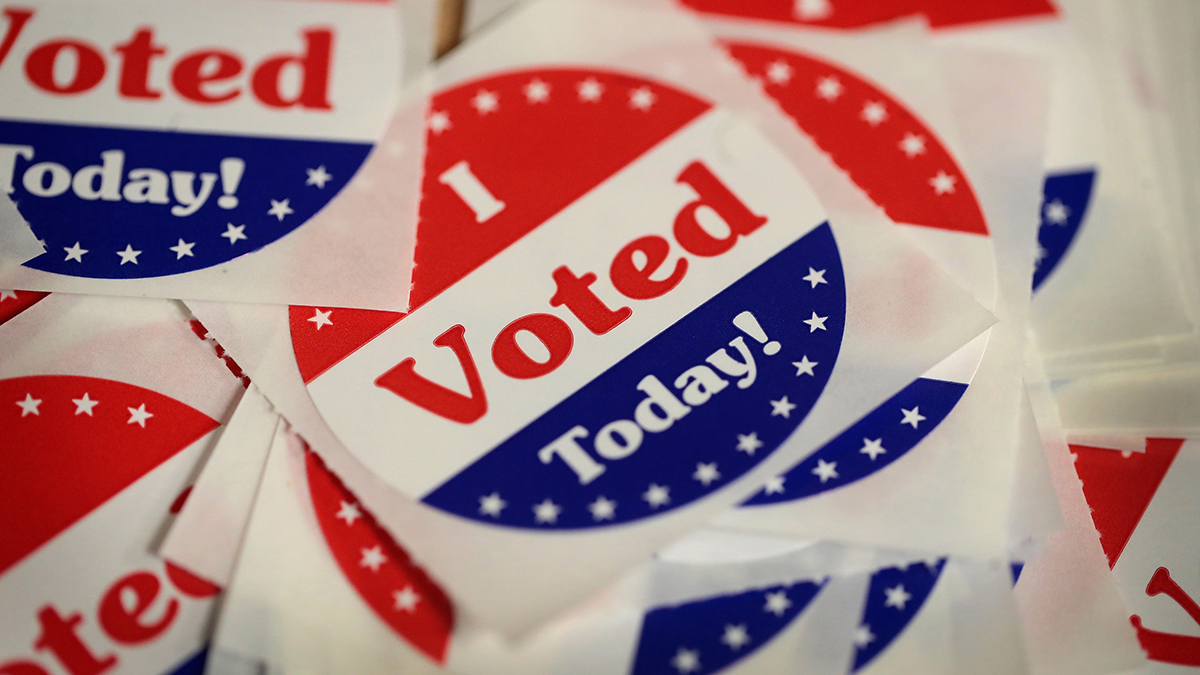As the 2020 general elections begin to wrap up, the fate of six amendments being voted on in Florida may impact issues such as minimum wage, how primary elections are structured and the state's constitutional wording on who is allowed to vote.
Each amendment needs 60% of the vote to pass.
DECISION 2020
Amendment 2 is seeking to raise the state's minimum wage incrementally to $15 an hour by 2026. Florida's current minimum wage is currently $8.46.
Critics of the proposal warn that the policy could cause job losses, but it would certainly benefit workers in South Florida, where travel, tourism, and hospitality employees make up a large part of the workforce and often make less than $15 an hour.
The last time Florida residents voted to approve a minimum wage increase was in 2005, when they raised it from $5.15 to $6.15 an hour.
If voters approve Amendment 2, Florida will be joining a wave of states that have recently increased their minimum wages, including 22 states last year. The federal minimum wage of $7.25 an hour hasn't increased since 2009.
Both political parties oppose Amendment 3, which is seeking to eliminate Florida's two-party system for the races for governor, Florida cabinet and state legislators.
Currently the state holds closed primaries, meaning that only registered Democrats or Republicans may vote for their respective candidates during the primary election.
If enacted, Amendment 3 would make it so that all voters, including those who are non-affiliated or who belong to a minor party, may vote on one list of candidates during the primaries. The top two candidates chosen from that list would then go on to the November election, regardless of party affiliation.
The change would not affect races for Congress and U.S. Senate.
Here's a list of other amendments that will appear on Florida's 2020 ballot:
- Amendment 1: Changes the wording of the Florida Constitution to state "only a citizen" of the U.S. may vote, rather than "every citizen"
- Amendment 4: Requires voter-approved constitutional amendments to be approved by voters at a second general election
- Amendment 5: Increases the period during which a person may transfer "Save Our Homes" benefits to a new homestead property from two years to three years
- Amendment 6: Allows a homestead property tax discount to be transferred to the surviving spouse of a deceased veteran
Follow NBC 6 for the Latest Results & Analysis
Stay with NBC 6 and nbc6.com and follow us on Facebook, Instagram, Twitter and Youtube, where we'll be posting the latest updates and analyses.
You can also download our app for iOS or Android for South Florida’s most comprehensive coverage of Decision 2020.



